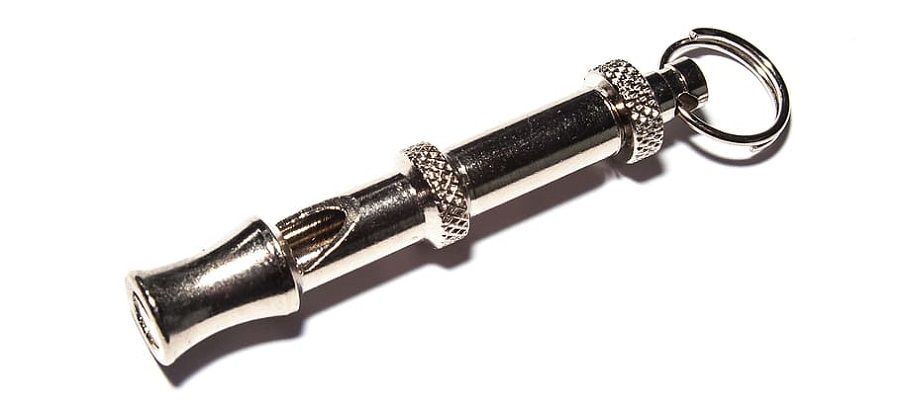
The Whistleblower Program encourages whistleblowers to come forward to expose wrongdoings through monetary incentives. That said, it’s important to understand the whistleblower Protection Act.
In simple terms, the whistleblower program encourages people to report wrongdoings and malpractices in the workplace without being unfairly targeted. A California whistleblower lawyer can help you understand the whistleblower Protection Act
The Whistleblower Protection Act Explained
The Whistleblower Protection Act protects the rights of whistleblowers, as aforementioned. This Act requires both government and private employees to expose any activities that violate the law, including:
- Mismanagement of resources in the workplace;
- Gross waste of finances;
- Abuse of authority, and
- Activities that pose a risk to public health and safety
The Whistleblower Protection Act also prohibits retaliation, such as demotion, dismissal, and pay cuts, for exposing malpractices and providing legal remedies for whistleblower retaliation. In simple terms, this Act allows whistleblowers to make disclosures confidentially.
Who is protected under the WPA?
The Act mainly protects government employees, excluding employees working for intelligence organs like the FBI. The WPA focuses on protecting unclassified employees.
Protections of federal employees whom the WPA does not cover
The rights of whistleblowers working for intelligence communities are enshrined in the Intelligence Community Whistleblower Protection Act of 1998, the Intelligence Authorization Act for Fiscal Year 201, and the Presidential Directive 19.
FBI whistleblowers have been protected against retaliation by the U.S. Code § 2303 and the FBI Whistleblower Protection Enhancement Act of 2016. One thing to note is that intelligence community and FBI whistleblower protections are as strong as those provided by other federal whistleblowers, with fewer retaliation remedies.
Who Investigates Complaints Under the WPA
The Office of the Special Counsel (OSC) is mandated to investigate federal whistleblower complaints, which are typically filed confidentially. The primary duty of the OSC is to “safeguard whistleblowers who work for the federal government from prohibited malpractices in the workplace, such as reprisal and retaliation for whistleblowing.
Adjudication of Complaints under the WPA
The Merit System Protection Board (MSPB), established in 1978, is tasked with adjudicating whistleblower complaints. The primary mission of this board is to promote a good workplace environment free of prohibited workplace malpractices.
Remedies of Whistleblower Protection Retaliation
The following are some of the remedies for whistleblower retaliation:
Job Restoration
Under this remedy, you can get your job back if you were dismissed because of exposing workplace wrongdoings and illegal activities.
Reversal of Adverse Actions
Negative consequences of whistleblowing (retaliation), such as demotion, dismissal, and pay cuts, can be reversed.
Damages
According to the OIG, “reasonable and foreseeable consequential damages” can be awarded to a whistleblower if it’s established that their employers acted with malice. The damages can include medical expenses, legal fees, or other costs that a whistleblower incurred due to retaliation.
The rights of whistleblowers are protected under the Whistleblower Protection Act. In general, the protection act prevents whistleblowers from being punished for exposing wrongdoings or malpractices of an organization.